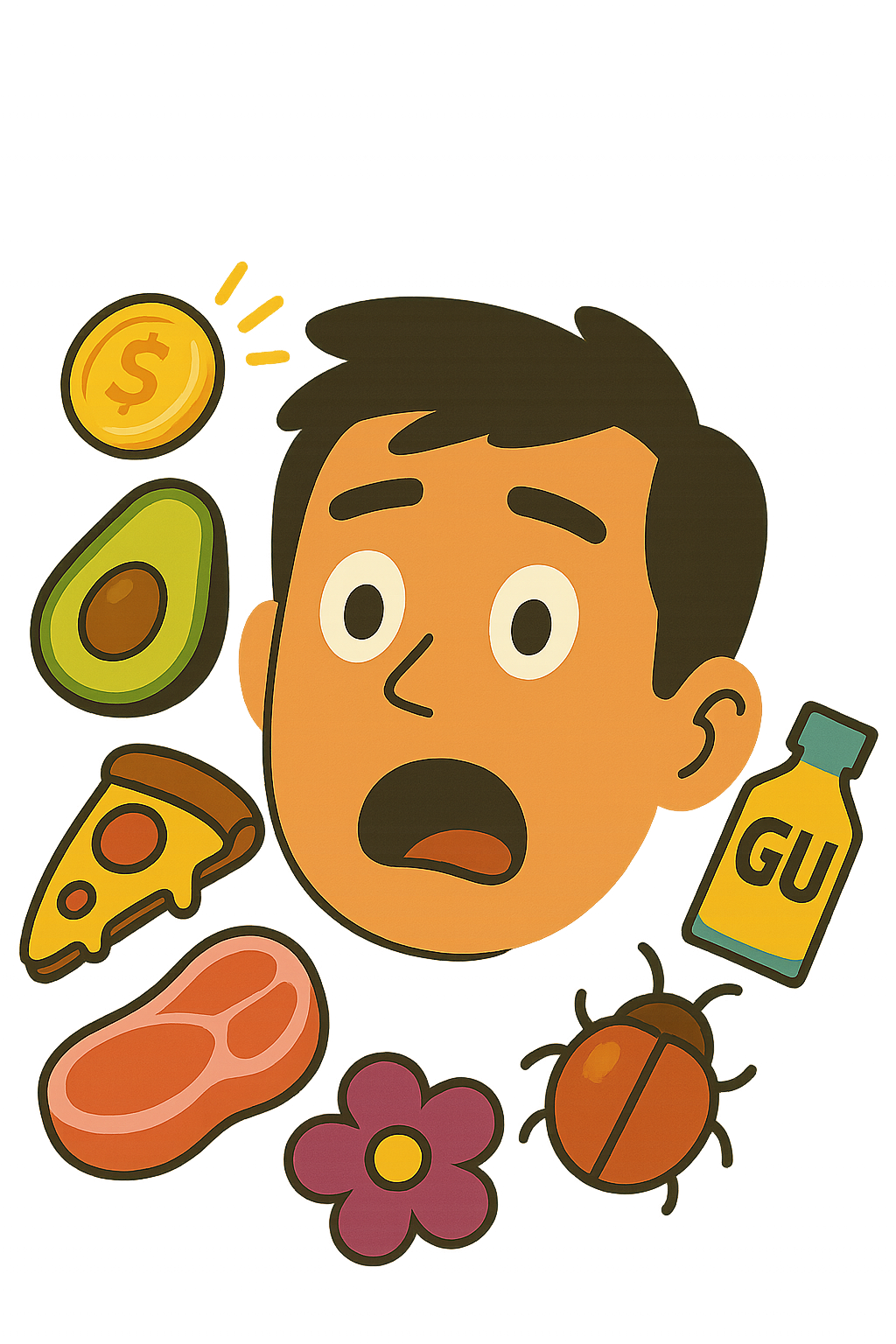Can you eat moldy shallots?
Quick Answer
No
Eating moldy shallots is not recommended as it can lead to food poisoning. The mold may produce mycotoxins, harmful substances that can cause health issues.

What Is It?
Moldy shallots are shallots that have developed mold, a type of fungus, on their surface or inside. They are characterized by a fuzzy or slimy texture and off-color, usually green, black, or blue.
How to Tell
Signs of moldy shallots include discoloration, a musty smell, a fuzzy or slimy texture, and an off taste.
Why It Can Be Risky
Consuming moldy shallots poses several health risks.
- Food poisoning: Moldy shallots can contain harmful bacteria and mycotoxins that can cause food poisoning.
- Allergic reactions: Some people may have allergic reactions to mold.
- Respiratory problems: Inhaling mold spores from moldy shallots can cause respiratory problems.
Safe Method?
The safe method to handle moldy shallots is to discard them immediately. Do not attempt to cut off the moldy part and consume the rest as the mold spores could have spread throughout the shallot.
Safe Alternatives
If you find your shallots are moldy, consider using onions, garlic, or leeks as an alternative in your cooking.
Storage Tips
Store shallots in a cool, dry, well-ventilated place.’, ‘Avoid storing shallots in a plastic bag as it can create humidity that promotes mold growth.’, ‘Check your shallots regularly and remove any that start to mold to prevent the mold from spreading to the rest.